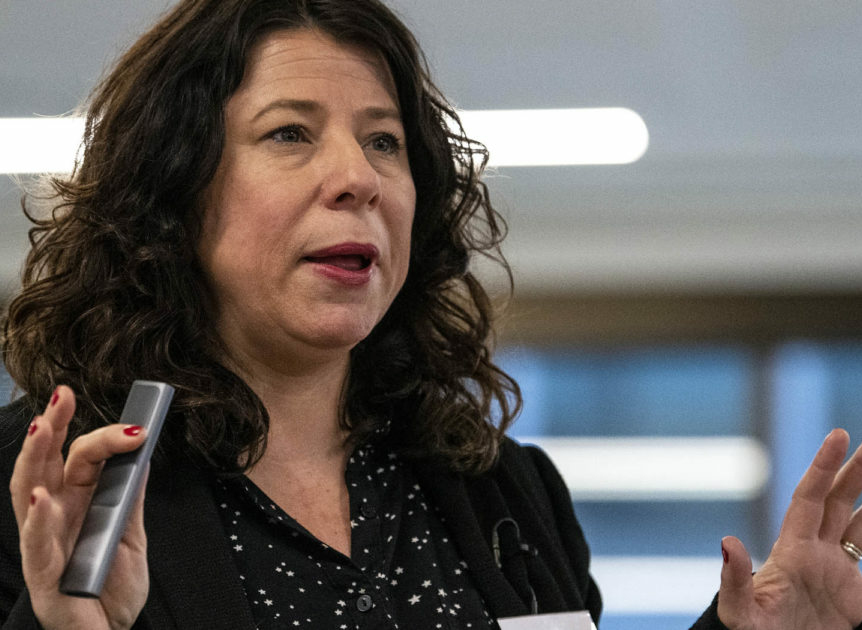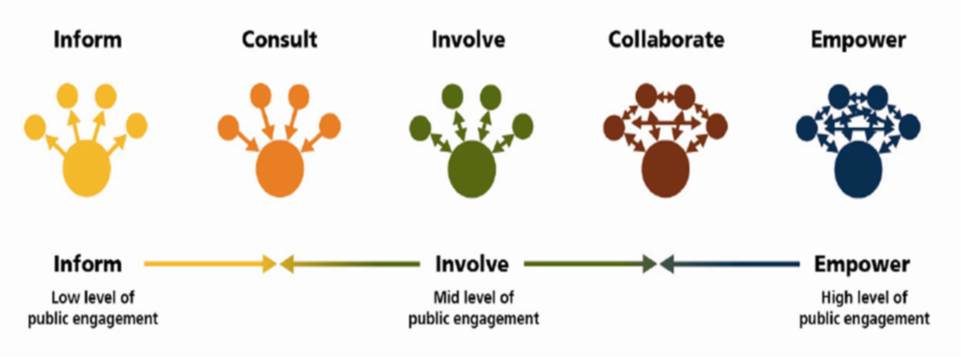
Since Grenfell and the publication of the Social Housing Green Paper, engaging meaningfully with residents has been an increasing focus for the sector. And rightly so. For safety, satisfaction, and with reduced resources to deploy to the services that matter most, the sector needs to turn resident engagement into actionable insight, for the good of our communities.
Last week, IFF Research brought together social housing leaders in resident engagement and customer experience spanning the spectrum of providers, media and support organisations. Through talks, lively panel debates, question and answer sessions and workshops, we grappled with some of the most pressing issues affecting the sector; including regulatory change, political change and cultural change. But throughout the afternoon, there was a guiding constant – the importance of listening to residents, and the need to make changes for their benefit.
The Future of Social Housing Keynote Address
At the keynote address, delivered with blistering energy by the Chief Executive at Tpas, Jenny Osbourne MBE, the message for “the future of social housing” was clear – don’t wait for the regulator to make the changes that need to be made. Each organisation knows from the roundtables, from the green paper, and from topics raised in the media and by their own residents, what needs doing. The overriding message is that we all need to get on and do what needs doing now.
Jenny covered the anticipated white paper – what it could potentially contain, what impact it might have on housing associations, especially when it comes to regulations. In particular, building and fire safety and security (in light of the Grenfell enquiry) and having robust consumer standards that link to governance. With Tpas being nationally recognised and respected for championing engagement, Jenny went on to speak about housing associations having transparency and trust with their tenants which will lead to empowerment.
“The ideal will be to create a culture where a tenants’ priorities match the housing associations priorities.” — Jenny Osbourne MBE, Chief Executive of Tpas

The Future of Social Housing Keynote Address
At the keynote address, delivered with blistering energy by the Chief Executive at Tpas, Jenny Osbourne MBE, the message for “the future of social housing” was clear – don’t wait for the regulator to make the changes that need to be made. Each organisation knows from the roundtables, from the green paper, and from topics raised in the media and by their own residents, what needs doing. The overriding message is that we all need to get on and do what needs doing now.
Jenny covered the anticipated white paper – what it could potentially contain, what impact it might have on housing associations, especially when it comes to regulations. In particular, building and fire safety and security (in light of the Grenfell enquiry) and having robust consumer standards that link to governance. With Tpas being nationally recognised and respected for championing engagement, Jenny went on to speak about housing associations having transparency and trust with their tenants which will lead to empowerment.
“The ideal will be to create a culture where a tenants’ priorities match the housing associations priorities.” — Jenny Osbourne MBE, Chief Executive of Tpas
The Future of Social Housing Keynote Address
At the keynote address, delivered with blistering energy by the Chief Executive at Tpas, Jenny Osbourne MBE, the message for “the future of social housing” was clear – don’t wait for the regulator to make the changes that need to be made. Each organisation knows from the roundtables, from the green paper, and from topics raised in the media and by their own residents, what needs doing. The overriding message is that we all need to get on and do what needs doing now.
Jenny covered the anticipated white paper – what it could potentially contain, what impact it might have on housing associations, especially when it comes to regulations. In particular, building and fire safety and security (in light of the Grenfell enquiry) and having robust consumer standards that link to governance. With Tpas being nationally recognised and respected for championing engagement, Jenny went on to speak about housing associations having transparency and trust with their tenants which will lead to empowerment.
“The ideal will be to create a culture where a tenants’ priorities match the housing associations priorities.” — Jenny Osbourne MBE, Chief Executive of Tpas
Effective Engagement: What really works?
After a pause over coffee our delegates returned to hear from IFF’s Director of Housing Research, Katy Wilburn. With more than 7 years’ experience of providing housing insight, Katy shared her experience of effective resident engagement in the form of case studies from within the sector. Katy advised on learned best practice, providing actionable tips on how to measure success, including:
- Reviewing your complaints process from a resident’s perspective
- The importance of including residents when reviewing surveys and reports
- Satisfaction isn’t the only important measure of success – think broader, eg. trust, effort and reputation
- Following Nat Fed’s initiative ‘Together with Tenants’, cherry picking the best bits that will help achieve your aims
Coming together for workshops
The concluding part of the event was a chance for delegates to come together to solve current and future challenges by participating in a workshop of their choice. Each workshop discussed the challenge, who it impacted and how, then the aim was to find solutions. The four topics, nominated by housing delegates, were:
- How do you ensure you engage with your customers when they are dispersed across a wide geographical area so that you hear different voices?
- With rising expectations on resident engagement and budgets being stretched, how do you do more with less?
- How do you measure the return on investment of customer satisfaction surveys?
- What realistic steps can a social housing provider take to tackle stigma?
We will be sharing the discussions and learnings from each workshop session over the coming weeks.
Key takeaways
During the questions and answers, the workshops and the drinks reception that followed, it was clear that the sector is ready and keen to change. With organisations like Tpas, HouseMark and the Nat Fed synthesizing sector feedback, making dramatic changes, and introducing new frameworks – the appetite to improve is high. Now is the time to adopt changes that fit your organisation and your communities best, taking time to review and reflect on how residents play a key role in each landlord’s future.